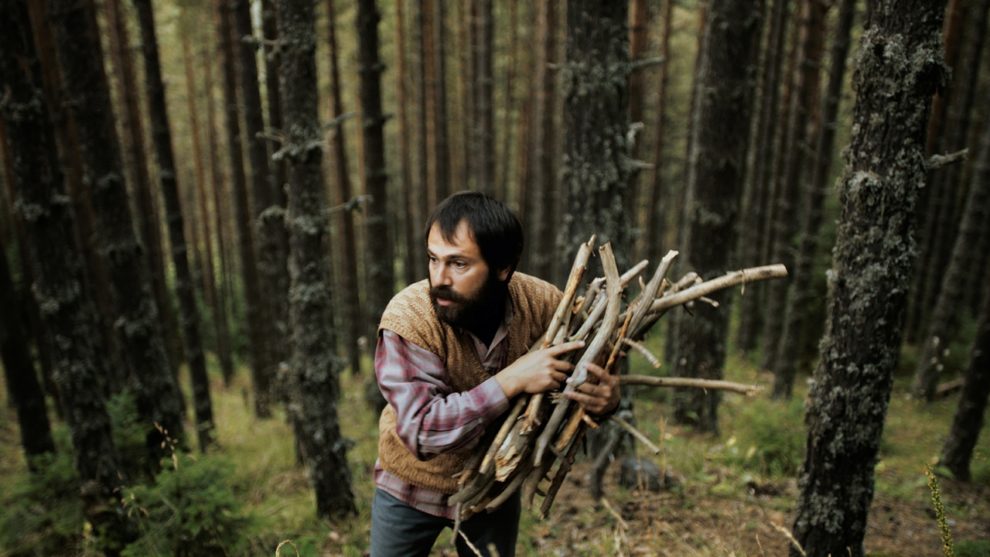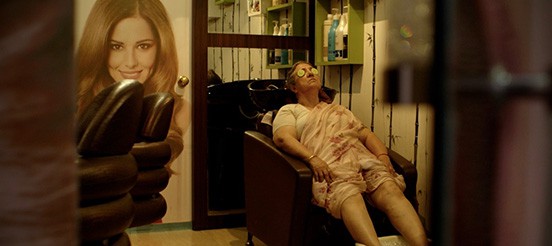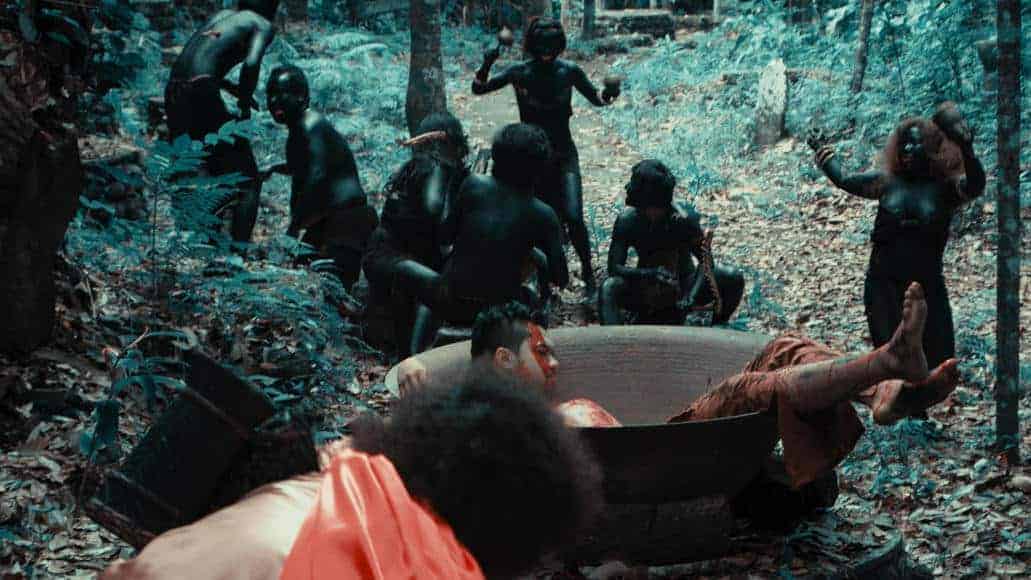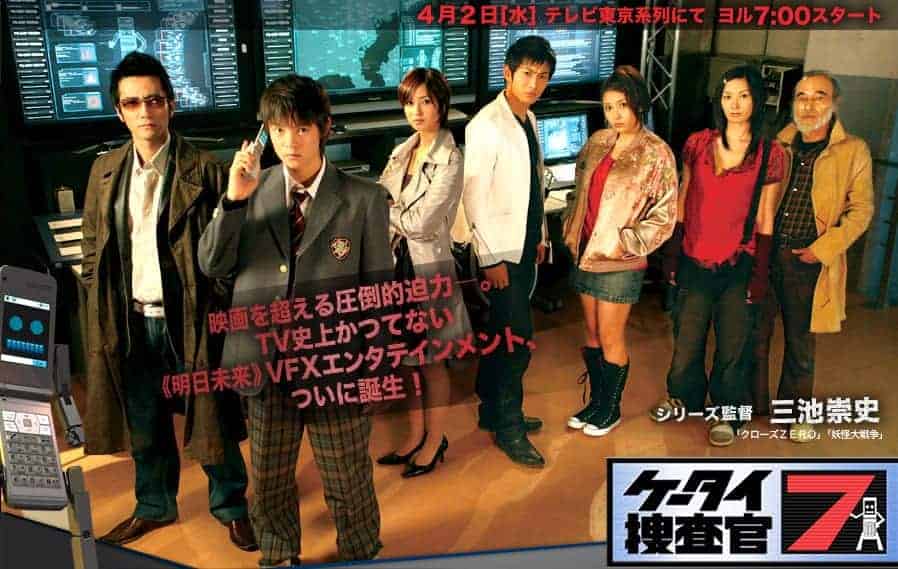Being able to get a project off the ground, to secure its financing and the talent to act in front of the camera is not the most challenging part when it comes to filmmaking, according to a statement by Turkish producer, screenwriter and director Pelin Esmer. Ever since the foundation of her production company Sinefilm, she has managed to make her features independently, without having to make any compromises to her vision as the creator of the story and the characters. As a result, her projects, documentaries and feature films alike, share a unique approach when it comes to human conflicts considering responsibility, relationships and guilt. In her 2012 feature “Watchtower”, she presents two characters running from a responsibility after having been through a traumatic experience, using an approach which does not emphasize the full frontal-drama, but rather looks for quieter, more subtle tones when it comes to her characters and their world.
“Hey There!” is streaming on MUBI Europe
After a personal tragedy, Nihat (Olgun Simsek) is looking for some distance to his old life and applies for a job as a guard in one of the many watchtowers in a national park. His duties are quite simple, since the most important task is to watch for fires, and the isolation, which his colleagues seem to struggle with, does not affect him, in fact he rather welcomes it. Every day, in the evening, he has to give a short report, which is the only time he actually communicates with other people, but while one of the other guards wants to engage in a conversation with Nihat, he tries his best to keep these chats as short as possible.
During one of his rare journeys into the nearby village, which mostly see him buying a few groceries and having lunch at the restaurant near the bus station, he meets Seher (Nilay Erdönmez), a young girl who has been hired as a tour guide. One day, he sees her behaving strangely and obviously in pain, and already suspects she is pregnant. When he witnesses her trying to abandon her newborn child near the station, he decides to step in, giving her shelter at the watchtower. However, as he hears the story of Seher, how she became pregnant and how she cannot handle the responsibility, he is also forced to confront his own traumatic past.
One of the first aspects you should notice in “Watchtower” is how cleverly the choice of setting coincides with the conflicts the characters go through. Most of these settings are places of transition, temporary places such as the bus station, the restaurant, the hotel or the bus itself, which the two main characters have chosen to live and work in, presumably until they know how to get on with their lives or have found a way to deal with their past. Esmer's script takes a look at people who have suspended looking for a new home or new way of life, because both of them are still in shock from some incident in the past or struggle to find a way to deal with the present. Rather than a home, they are looking for a (temporary) escape.
Considering this approach to the setting and the characters, unsurprisingly, “Watchtower” does not confront its viewer with long dramatic scenes, but rather challenges the viewer to endure the silences within the narrative. Both actors, Olgun Simsek and Nilay Erdönmez, give terrific, subtle performances, showing the emotional turmoil of their characters or glimpses of it through little gestures and details, emphasizing the notion of them being in shock or at least at odds with their present situation. Often, theirs choices may be irritating, even shocking to the viewer, as they are to the other characters, but within the context of the narrative and the themes it explores, they are presented as desperate measures, acts of people in conflict with themselves and the world.
As Esmer explores issues like guilt and responsibility through her character, the concept of the watchtower becomes increasingly important. Besides representing a temporary place to stay, the responsibility that comes with it and the shelter it provides for both characters, point at a possibility to confront these conflicts, a means to find the courage to finally make a change in one's life. Through these symbols, the acting and the overall development of the story, Pelin Esmer provides a very human tale about confronting pain and trauma, making it very relatable for her viewer.
In the end, “Watchtower” is a very subtle and quiet drama about guilt and trauma. Supported by two very understated, yet sensitive lead performances along with a good understanding of the subject matter, Pelin Esmer provides a very touching and relatable story.
















